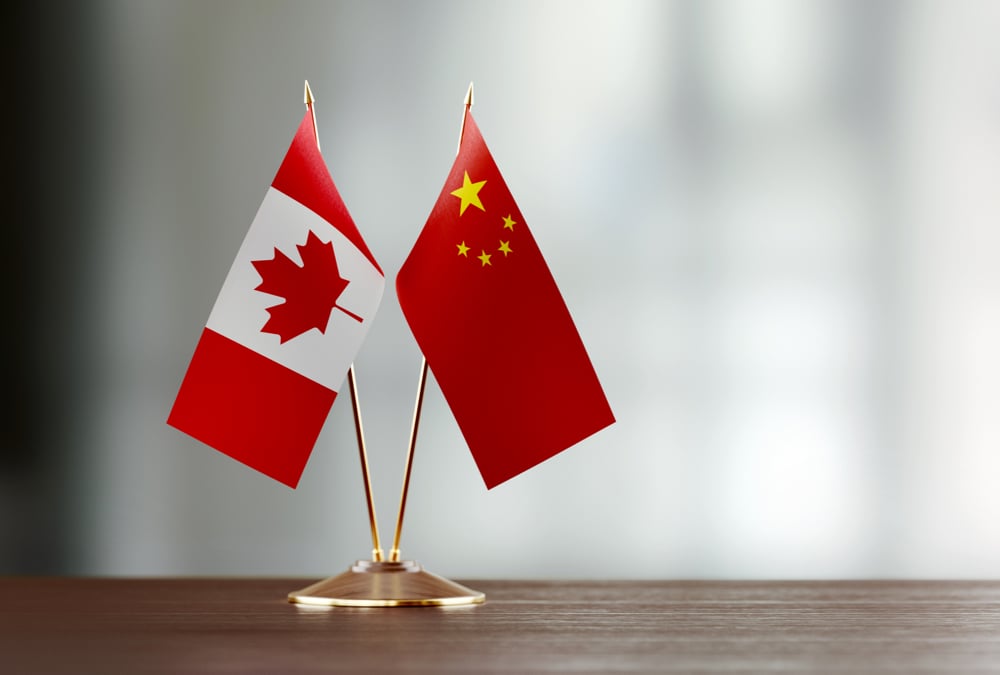China hasn’t just manipulated its regulatory system to block Canadian agriculture imports.
Its use of phytosanitary standards to hurt foreign suppliers has been used against small countries similar to Canada and also against the United States.
Why it matters: China is less restrained when using trade retaliation against smaller countries.
“China refused bananas from the Philippines (in 2012) and blocked salmon from Norway in 2010,” wrote researchers Minghao Li, Wendong Zhang and Chad Hart in a mid-2018 article in Choices magazine.
Read Also

How stories promote farm safety
Speakers at CASA online conference explain how personal stories can be more valuable than statistics in communicating importance of farm safety
“In both cases, health concerns were cited, and sanitary and phytosanitary trade barriers utilized.”
Similar to Canada’s experience with suspect Chinese concerns with dockage in Canadian canola, U.S. soybeans faced a call from China to reduce dockage from two per cent to one per cent even before the U.S.-China trade war escalated with U.S. President Donald Trump’s tariff imposition and the Chinese response.
The U.S. has faced multiple Chinese actions against U.S. imports, often in response to U.S. restrictions on Chinese imports, but the researchers note that China’s retaliations tend to be strictly limited and “proportional.” With a giant trading partner like the U.S., which also buys much more from China than China buys from it, the Chinese don’t tend to escalate trade disputes too far.
“From the perspective of China’s government, the ultimate goal of retaliatory tariffs is to inflict economic loss on politically influential interest groups in the United States,” they write.
China tends to target products that will cause discomfort for the U.S. government, but keeps its retaliations limited to secondary commodities.
“China has often carefully avoided escalation by choosing targets with smaller trade values.”
However, with smaller countries, China is less restrained. Its attack on the Philippines came during China’s aggressive island-building project off the smaller nation’s coast.
Its blocking of Norwegian salmon, which lasted for years, came after a Chinese human rights activist was awarded the Nobel Peace Prize.
Not only were these retaliations through trade in response to political issues rather than trade disputes, they hit commodities that would seriously hurt the countries targeted.
“By choosing these products, China exhibited more assertiveness in trade disputes with smaller countries.”
That leaves Canada far from alone in its situation of being targeted by China, which has often been willing to use its regulatory system to exact an economic and political cost when it is displeased.












